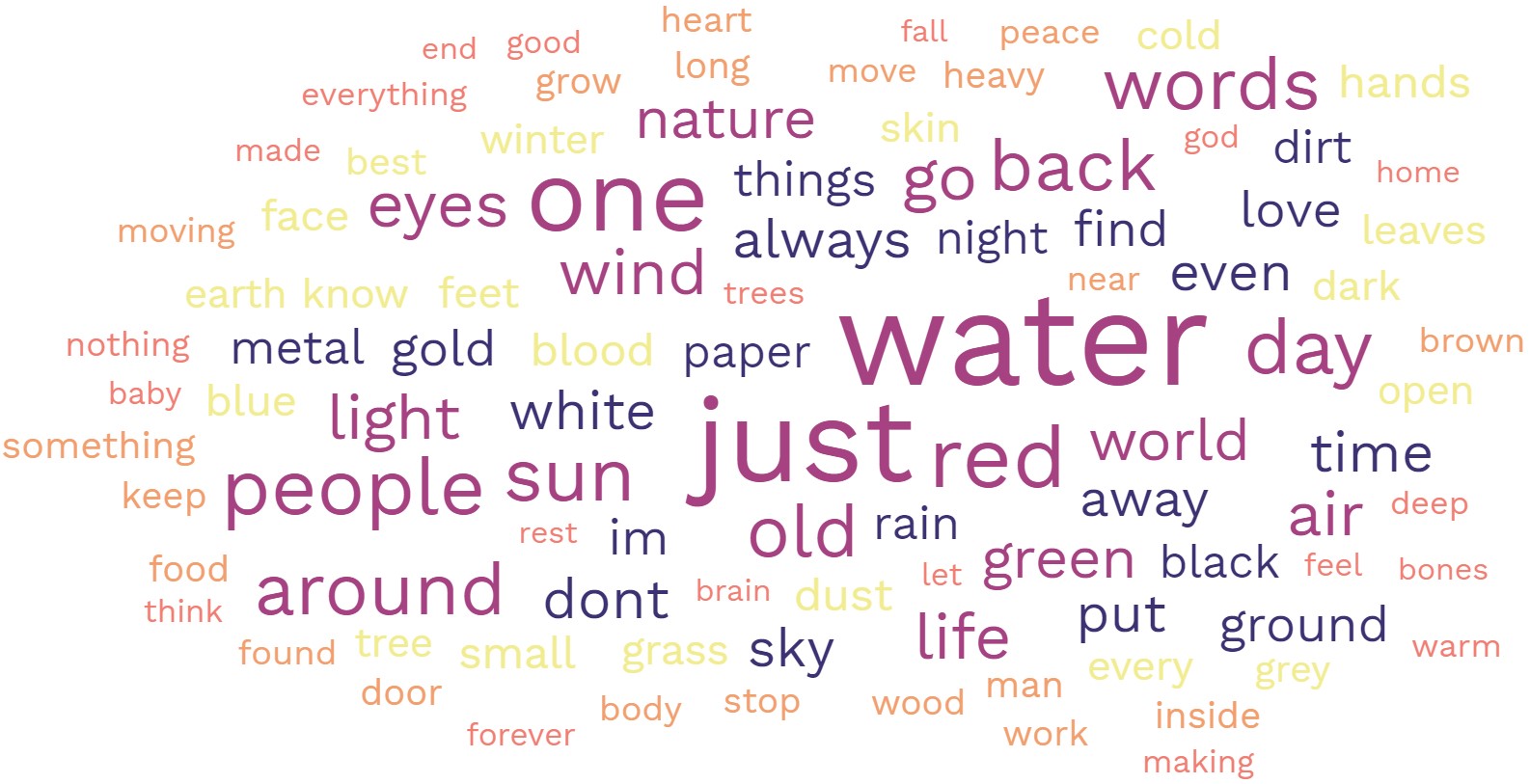Number Haiku
7/1/19
In this article I will talk about making a haiku using the numbers 0-9 (ie. 0, 1, 2, ..., 9). I will denote this set of numbers as S.
Why would someone want to make a haiku like this? Good question. Maybe they like haikus or alternative poetry? Maybe they like numbers? Perhaps they are making a code? Or, maybe they just like the challenge of it. For me, I like the challenge, like numbers, and, probably like most people, find certain numbers significant in my life. Consider, for example, 911, 711 (I like Slurpees, OK?), 007, 411, 24/7, 777, 666, ages, addresses, phone numbers, birth, death, anniversary dates, text converted to numbers, and many more possibilities.
All of the numbers in S have one syllable, except 0 and 7 which have 2. Therefore, we can construct 5 and 7 syllable lines pretty easily by concatenating the numbers from S.
I put the numbers from S in a column and randomly sample from them to fill the 5, 7, and 5 lines in the haiku. I keep track of the cumulative syllable count for each line. I don't allow the counts to get over 5, 7, or 5, respectively. Just to be clear here, I am not saying a haiku must always be 575 or that 575 is the definition of a haiku.
Because of this constraint, what can happen is that lines can have one syllable less than 5, 7, or 5. For example, say the first line only has a syllable count of 4 because the next number would push the syllable count over 5 (for example if 0 were to be selected). I simulated thousands of haikus and found out that this scenario occurs about 42% of the time.
To remedy this, when this happens I simply randomly select from the list S1, where S1 is a list of all numbers that are one syllable (ie. the numbers in S but without the numbers 0 or 7), and concatenate this number on the end (although it could be inserted anywhere in a line). Doing this I automatically get 5, 7, and 5 lines with the correct syllable counts.
I also make two versions of each haiku; the word version and the number version. For example, the two versions for a 5 line from a haiku might be "six four zero two" or "6402".
Here are some examples:
zero eight nine three four four nine one five nine six zero six six six
zero four three eight seven seven seven eight seven five six five
Here are their numerical versions
0893 4491596 0666
0438 7778 7565
I also made a tab in the spreadsheet that just creates binary ones. That is, S = {0,1}. And just for giggles, I also convert these binary 575 lines to their decimal equivalent. Here is an example of a binary number haiku:
one zero one one one one zero zero one one one one one one
And the numerical version
1011 11001 11111
One could also use this general idea to mix words with numbers in a haiku, or randomly sample from any words you want with any constraint you want.
Here is a spreadsheet that creates these number haikus. You are free to edit the spreadsheet, but please credit Statisticool.com if you use it.
Thanks for reading!
Please anonymously VOTE on the content you have just read:
Like:Dislike:
For poetry, I recommend:
- High Quality Every Day Carry (EDC) Bolt Action Pens & Pencils by Bastion. Use discount code JS20 to get 20% off!
- Shop at The Poet Life store
Please show me a randomly selected poem
